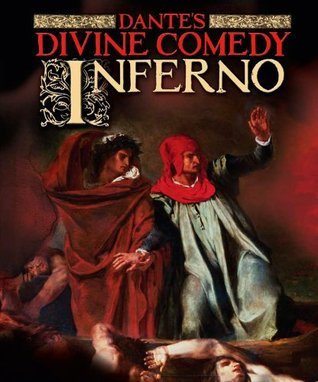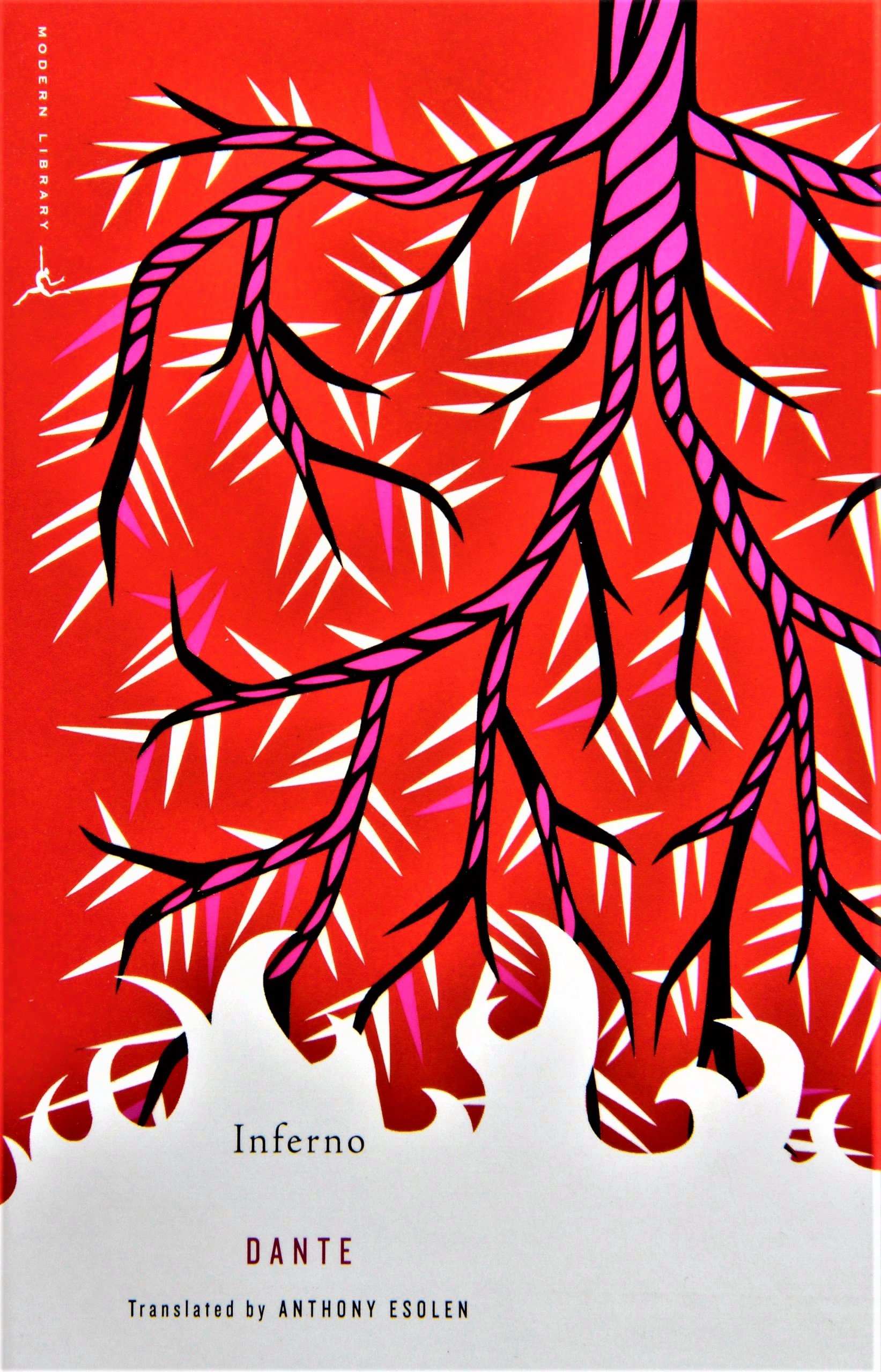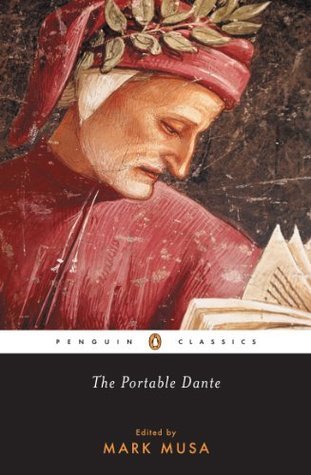
Dante's Divine Comedy: Inferno
Book Description
Blood-curdling screams echo through the fiery depths of Hell. A lost soul traverses a treacherous landscape, guided by the wisdom of a legendary poet. Each circle unravels shocking betrayals, harrowing torments, and profound revelations, as he confronts twisted figures from history and myth. Temptation lurks at every turn, threatening to drown him in despair. The stakes rise with each damning choice, and the path to redemption hangs by a thread. Will he uncover the truth of sin and salvation, or be consumed by the darkness that surrounds him? Journey into the abyss and discover what awaits beyond the flames.
Quick Book Summary
"Inferno," the first part of Dante Alighieri's Divine Comedy, chronicles the journey of the narrator, Dante, through the nine circles of Hell. Guided by the Roman poet Virgil, Dante travels deeper into the underworld, witnessing the gruesome torments of the damned and learning about the consequences of sin. Each circle punishes a particular vice, and as Dante moves forward, he encounters historical, mythological, and contemporary figures from his life, all suffering for their misdeeds. The descent into Hell is not only a voyage of horror and revelation but also one of self-discovery and reflection on morality, justice, and redemption. Ultimately, Dante's journey serves as an allegory for the soul's path towards spiritual awakening, culminating in hope for eventual salvation.
Summary of Key Ideas
Table of Contents
The Journey through the Circles of Hell
Dante's "Inferno" opens with the protagonist, Dante himself, lost in a dark wood, symbolizing spiritual confusion and moral wandering. Unable to ascend a sunlit hill blocked by menacing beasts, he is rescued by Virgil, the ancient Roman poet. Virgil explains that he has been sent by Beatrice, Dante’s beloved, and that they must travel through Hell to ultimately reach salvation. Their descent into the infernal abyss marks the beginning of an evocative journey exploring the depths of human sin and the promise of redemption.
Consequences and Symbolism of Sin
As Dante and Virgil progress, they encounter the nine circles of Hell, each designed to punish a particular kind of sin. From the lustful battered by winds to the treacherous encased in ice, every realm matches sin to fitting torment—critically portraying the concept of contrapasso, or the poetic justice of punishment. Along the way, Dante engages with sinners and recognizes notable figures from myth, history, and his own Florentine society. Their stories highlight the gravity of human choices and the consequences of moral failings.
Role of Guides and Spiritual Authority
Throughout the journey, Virgil serves not only as a guide through the physical perils of Hell, but as an embodiment of reason and classical wisdom. His guidance is indispensable for Dante’s spiritual progress, representing the limits of human reason when unaided by divine grace. The interplay between Virgil and Dante reflects the momentous transition from reliance on worldly knowledge to the pursuit of higher truths.
Moral and Philosophical Reflections
Dante’s encounters lead him to reflect deeply on justice, mercy, and the nature of sin. He confronts the struggle between pity for the damned and the demands of divine justice, grappling with the reality that some souls are in Hell by their own choices. These philosophical explorations shape Dante’s understanding of righteousness and foreshadow the broader themes of the Divine Comedy about the soul’s journey to God.
Redemption, Despair, and Hope
The narrative culminates as Dante and Virgil reach the frozen realm where Lucifer is imprisoned, a stark image of ultimate betrayal. Having witnessed the worst of human depravity, Dante and Virgil climb out of the depths, moving towards the promise of purification in Purgatory. The journey through Hell leaves Dante transformed, foreshadowing the redemption and hope that will ultimately conclude his spiritual odyssey.
Download This Summary
Get a free PDF of this summary instantly — no email required.





